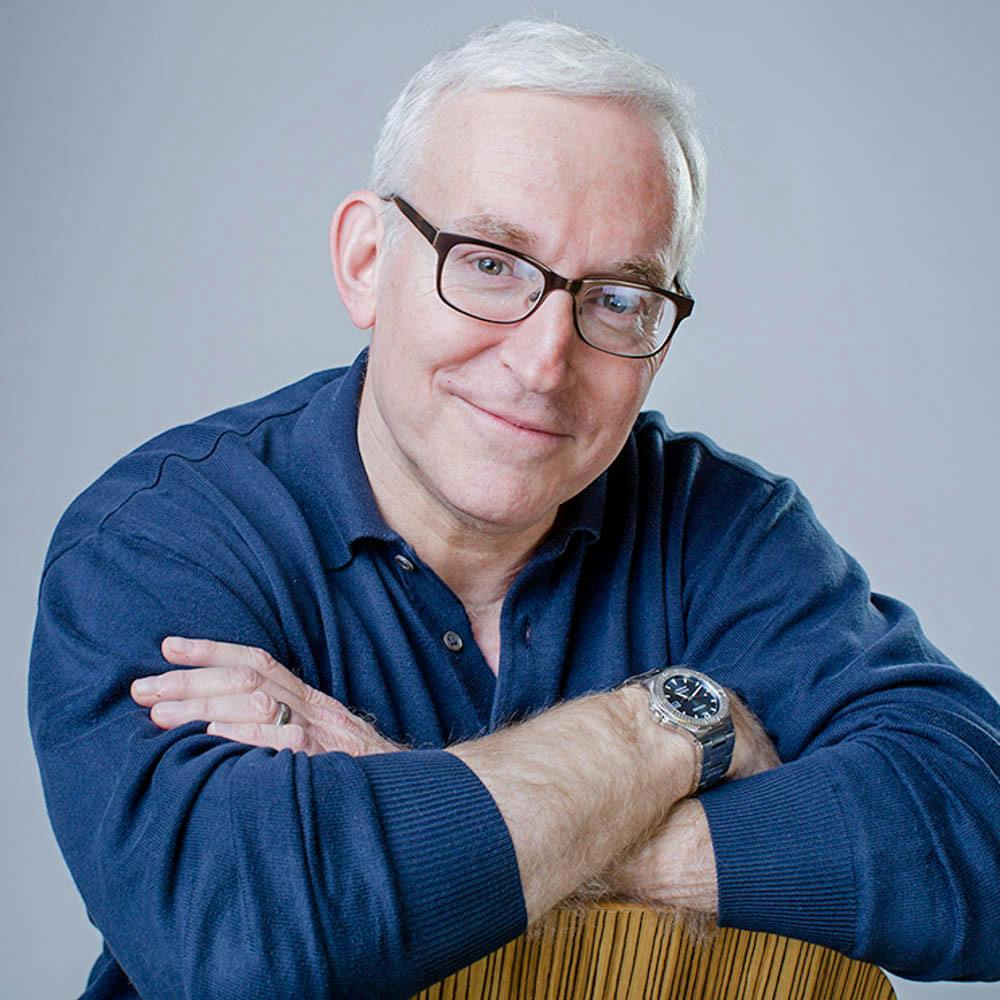Former President of CNN/U.S. Jonathan Klein ’80 will return to the University to lead a non-credit seminar called “News vs. Truth” at the Watson Institute for International and Public Affairs this semester, according to the Watson Institute’s website.
The seminar will explore topics such as distrust of mainstream media and what the truth is, Klein said. “Growing up, we always assumed that the news was reporting the truth to us,” Klein added. “But the big debate today is among sizable numbers of Americans who feel that the news does not tell the truth.”
The seminar will be broken into four two-hour sessions that will take place throughout the spring semester, Klein said. It will also feature guest speakers, including CNN television journalist Anderson Cooper and Kay Madati, head of global content at Twitter, Klein added.
Director of the Watson Institute Edward Steinfeld said Klein’s study group would also focus on public consumption of the news, the difference between news and opinion, manipulation of public opinion and “what can be done about it.” These topics are “very important today because the media itself has become a point of political debate,” Steinfeld added. “There’s so many new channels for people to participate in the media — to generate their own content — that the boundaries around what the media is have become so blurred.”
But the seminar will not only focus on the media. The group will also examine the psychology behind why people hold certain beliefs and cling to them, Klein said. “No one has looked at this whole issue of fake news or alternative facts from the perspective of the human creature,” he added. “We think of it as a communications problem, or we think of it as a political problem, but it all starts with us as biological entities. We process information in certain ways.”
Steven Sloman, professor of cognitive, linguistic and psychological sciences, helped to develop the seminar, Klein said, adding that Sloman is also scheduled to lead one session of the study group.
“Politics is mostly the art of changing, or trying to change, people’s beliefs and actions. So politicians make use of psychological facts all the time,” Sloman said. “The news is read by people, and people make political decisions, so . . . understanding psychology is essential to understanding the role of the news in society.”
Klein’s study group will be offered alongside two other non-credit seminars at the Watson Institute — one led by Chair of the Democratic National Committee Tom Perez ’83 P’18, and another led by Michael Steele, former chairman of the Republican National Committee. “We’ve been interested in expanding the number of (study) groups that we’ve been doing,” Steinfeld said.
These groups have tended to fluctuate between 30 and 50 participating students. Students of the seminars interviewed by The Herald shared largely positive feedback about the study groups.
“Sometimes it’s easy to get stuck in the bubble of academics, and this is an opportunity to interact with the real world in a really, really powerful way,” said Fabrice Guyot-Sionnest ’20, who participated in study groups with both Perez and Steele.
Viknesh Kasthuri ’21 said he was drawn to Perez and Steele’s study groups because he felt they were relevant to his public policy concentration. “The reason I was attending these study groups was to get the perspective of experienced figures in policy and politics,” Kasthuri said. “We’ve gotten the political perspective from both sides of the aisle with Mr. Steele and Mr. Perez. And it’ll be great to hear the media perspective from Mr. Klein.”
Elana Confino-Pinzon ’20, who took Perez’s seminar, said she especially appreciates that the Watson Institute’s study groups are not for credit. “It’s great because it really takes the pressure off of it, especially for students taking five classes or just really big courses,” said Confino-Pinzon. “They don’t have to worry about papers or grades.”
Student discussion was central to the seminar Confino-Pinzon took with Perez, she said. “Every discussion ran two hours,” she added. “They always ran late because there were so many student questions.”
Klein hopes his study group will foster discussion among participating students as well. “I’m hoping that we have students who care about this issue and bring their own thoughts to the table because no one has all the answers to this,” he said. “This is a new phenomenon, and long-time media professionals are wrestling with it as much as ordinary news consumers.”





